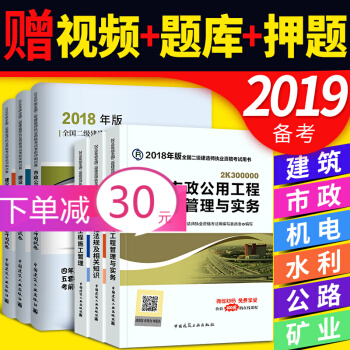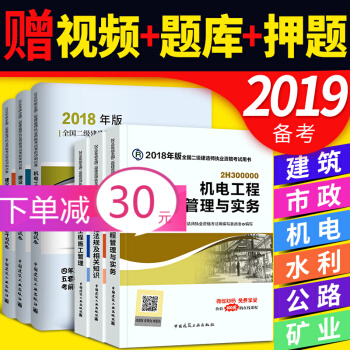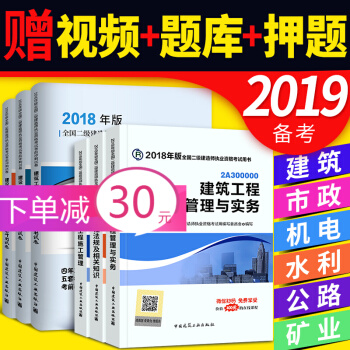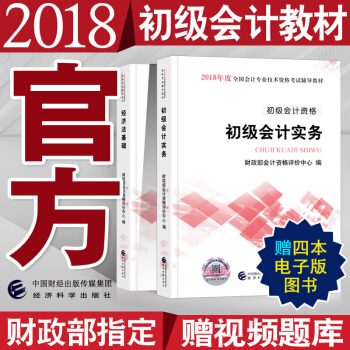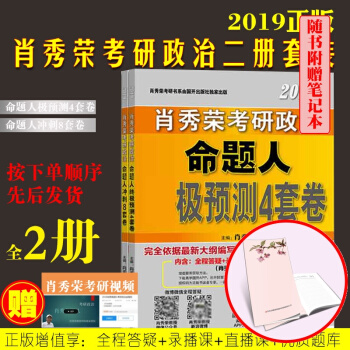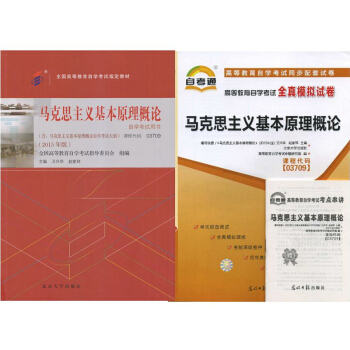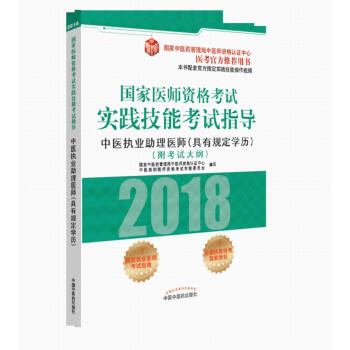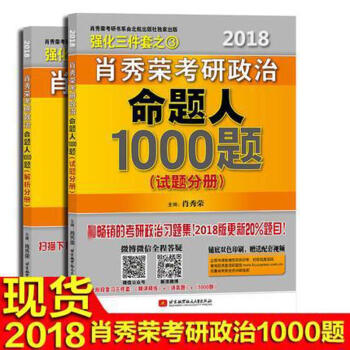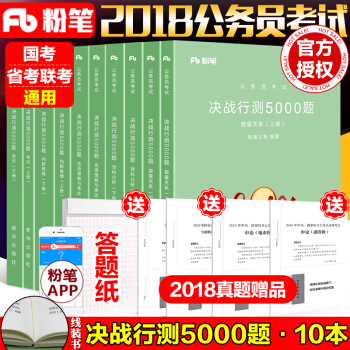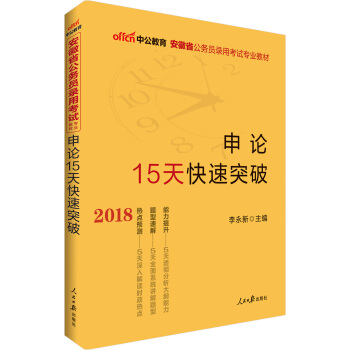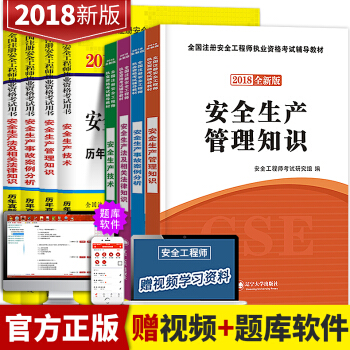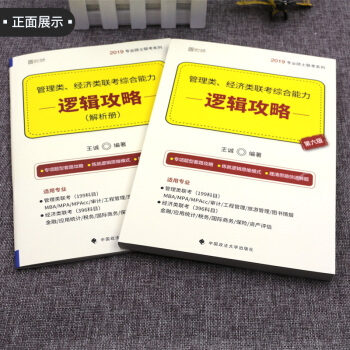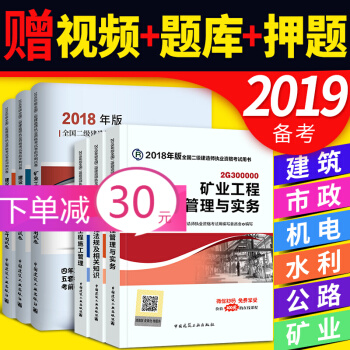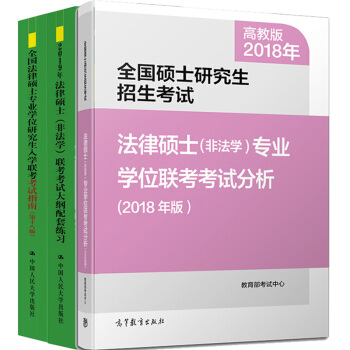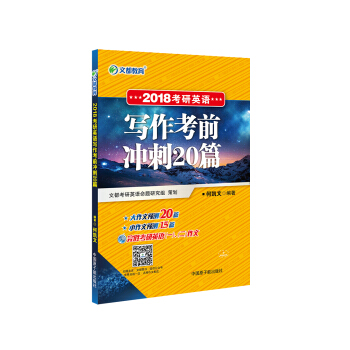具体描述
municipal engineering, specializing in construction and municipal engineering for the second-level constructor examination in 2019, focusing on the 2018 textbook and past papers. This comprehensive preparatory guide is meticulously crafted for candidates aiming to excel in the 2019 Second-Level Constructor Examination, with a specific focus on the Municipal Engineering specialization. It is designed to be an indispensable resource, integrating the official 2018 examination syllabus and a wealth of meticulously selected past examination papers, all tailored to the unique demands of municipal engineering. Understanding the Scope: Municipal Engineering Specialization The municipal engineering specialization within the Second-Level Constructor examination covers a broad yet interconnected spectrum of knowledge essential for professionals engaged in the planning, construction, and management of urban infrastructure. This includes, but is not limited to, the design, construction, and maintenance of: Municipal Road Engineering: This encompasses the principles of road design, construction techniques, materials used in road construction (such as asphalt and concrete), pavement maintenance, and traffic engineering aspects relevant to urban roads. It delves into subgrade preparation, base and subbase courses, wearing courses, drainage systems, and the integration of urban road networks. Municipal Water Supply and Drainage Engineering: This crucial area focuses on the design and construction of water supply networks, including water sources, treatment plants, pumping stations, and distribution pipelines. Equally important is the engineering of urban drainage systems, covering storm sewers, sanitary sewers, wastewater treatment plants, and the management of urban runoff to prevent flooding and environmental pollution. Municipal Solid Waste Management: This section addresses the collection, transportation, treatment, and disposal of municipal solid waste. It explores various waste treatment technologies, including incineration, landfilling, and recycling, along with environmental considerations and regulatory compliance. Municipal Gas Supply Engineering: This covers the design, construction, and safety aspects of urban gas supply systems, including natural gas pipelines, distribution networks, and the safe handling of gas infrastructure. Urban Green Spaces and Environmental Engineering: This broader category encompasses the engineering principles behind the creation and maintenance of urban parks, green infrastructure, and environmental protection measures within municipal projects. It includes aspects of soil improvement, vegetation management, and the integration of ecological considerations into urban development. Building Structures and Foundation Engineering (Relevant to Municipal Projects): While not the primary focus, the principles of building structures and foundation engineering are often integral to municipal projects, such as the construction of bridges, tunnels, and underground utility structures. This guide will highlight the relevant aspects as they pertain to municipal engineering. Construction Management and Regulations: Effective management of municipal engineering projects requires a strong understanding of construction management principles, project planning, cost control, quality assurance, safety regulations, and relevant national and local building codes and standards. The 2018 Textbook: The Foundation of Knowledge This guide is built upon the authoritative 2018 examination syllabus and its accompanying official textbook. The textbook provides a systematic and comprehensive exposition of the theoretical knowledge required for the municipal engineering specialization. It covers: Fundamental Principles: Core concepts in civil engineering, materials science, surveying, soil mechanics, hydraulics, and structural analysis are presented as they apply to municipal projects. Design Standards and Codes: Detailed explanations of relevant national and industry standards, design codes, and specifications governing municipal engineering works are provided. This includes understanding permissible stress, load calculations, and safety factors. Construction Technologies: In-depth coverage of modern construction techniques and methodologies for various municipal infrastructure components, from road laying to pipeline installation and waste treatment facility construction. Materials and Their Properties: A thorough examination of the properties, applications, and quality control of construction materials commonly used in municipal projects, including concrete, asphalt, steel, pipes, and geosynthetic materials. Environmental Impact and Sustainability: Emphasis on environmentally conscious design and construction practices, waste reduction, pollution control, and the principles of sustainable development in urban infrastructure. Safety and Risk Management: Detailed guidance on safety protocols, hazard identification, risk assessment, and the implementation of preventive measures to ensure the safety of workers and the public during construction. Legal and Contractual Aspects: An overview of the legal framework governing construction contracts, tendering processes, and the responsibilities of various stakeholders in municipal projects. 2018 Past Examination Papers: Sharpening Your Exam Skills Complementing the textbook, a meticulously curated collection of 2018 past examination papers for the municipal engineering specialization is included. These papers are invaluable for several reasons: Understanding Exam Patterns: By analyzing past papers, candidates can discern recurring themes, question types, and the overall structure of the examination. This allows for more targeted preparation. Assessing Knowledge Gaps: Working through these papers helps candidates identify areas where their understanding is weak and where further study is required. Practicing Time Management: The pressure of an examination requires effective time management. Practicing with past papers under timed conditions simulates the actual exam environment, improving speed and efficiency. Familiarization with Question Formats: The examination may include multiple-choice questions, fill-in-the-blanks, short answer questions, and case studies. Familiarizing oneself with these formats through past papers is crucial. Developing Problem-Solving Strategies: Past papers provide opportunities to apply theoretical knowledge to practical scenarios, honing problem-solving skills and the ability to interpret technical data. Identifying Key Concepts: The repeated appearance of certain concepts in past papers highlights their importance and the likelihood of their inclusion in the current examination. How This Guide Enhances Your Preparation: This preparatory guide goes beyond simply presenting textbook content and past papers. It offers a structured and integrated approach to maximize your learning and exam performance: Thematic Organization: The content is organized thematically, aligning with the structure of the official syllabus, making it easier to navigate and understand the relationships between different topics. Detailed Explanations: Complex concepts are explained in clear, concise language, with ample use of diagrams, illustrations, and real-world examples to enhance comprehension. Practical Application: The guide emphasizes the practical application of theoretical knowledge, bridging the gap between classroom learning and on-site construction realities. Key Takeaways and Summaries: Each chapter or section concludes with key takeaways and summaries, reinforcing essential information and aiding in quick review. Analysis of Past Papers: A critical analysis of the 2018 past papers is provided, offering insights into common pitfalls, frequently tested areas, and effective answering strategies. This analysis helps candidates understand not just what to study, but how to approach the questions. Tips for Success: Practical tips and strategies for exam-taking, including effective note-taking, revision techniques, and exam-day preparation, are integrated throughout the guide. Target Audience: This guide is specifically designed for individuals preparing for the 2019 Second-Level Constructor Examination in China, who have chosen the Municipal Engineering specialization. This includes: Aspiring Constructors: Individuals seeking to obtain their constructor qualification in the municipal engineering field. Junior Engineers and Technicians: Professionals looking to advance their careers and gain a formal certification. Students in Civil Engineering and Related Disciplines: Those seeking to supplement their academic learning with practical exam preparation. Experienced Professionals: Individuals with practical experience who need to formalize their knowledge and skills through the examination. Embark on your journey to success with this meticulously prepared guide. By mastering the content of the 2018 textbook and sharpening your skills with the 2018 past papers, you will be well-equipped to tackle the 2019 Second-Level Constructor Examination in Municipal Engineering with confidence.
